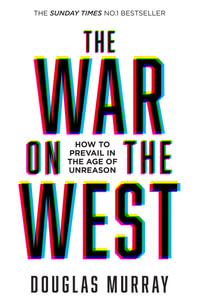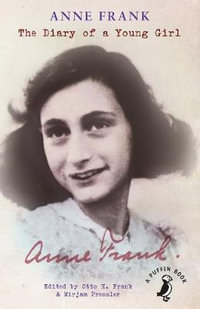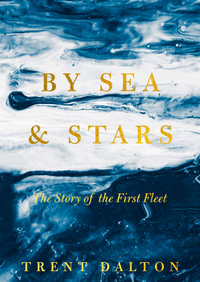When president Woodrow Wilson spoke in Topeka on February 2, 1916, in favor of a stronger military, he faced skepticism and outright opposition from many Kansas residents--including Governor Arthur Capper and University of Kansas chancellor Frank Strong. But when war against Germany was declared two months later, Kansans joined forces to lend support in money and manpower.
In Kansas and Kansans in World War I, Blake Watson helps readers understand how World War I affected Kansas and its residents, and how Kansans in turn had an impact on the outcome of the Great War. Through thorough and extensive use of letters, newspapers, and other documents, Watson brings individual soldiers' service to life, using their own words to describe their attitudes and experiences. Watson also looks at Kansans' service and support on the home front, chronicling Kansans' participation in initiatives such as Liberty Loan bonds, newspapers' publication of military service honor rolls and soldiers' letters from abroad, and the xenophobia and hysteria that confronted Mennonites--who were pacifists--and German Americans.
Finally, Watson describes postwar efforts to honor Kansas veterans and fallen soldiers with commemorations and memorials, including Haskell University's Memorial Arch, the University of Kansas's Memorial Stadium and Memorial Union, and Kansas State University's Memorial Stadium.
Industry Reviews
World War I destroyed empires, redrew the maps, and in no small measure, molded today's world. Blake Watson reminds us that this seismic world-changing event also shaped, and was shaped by, local realities and individuals. He illustrates how Kansas was a microcosm of the sacrifice, heroism, patriotism, xenophobia, and prejudices of America in the Great War.""-Richard S. Faulkner, author of
Pershing's Crusaders: The American Soldier in World War I""Blake Watson's compelling Kansas and Kansans in World War I provides an important examination into the contribution of a Great Plains state to the American Expeditionary Forces during World War I. Like many rural states, the impact of Kansas on the American war effort, and the individual experiences of Kansans, is often overlooked and seldom highlighted in Great War histories. Through the use of personal letters and diaries, Watson offers an intimate glimpse into the profound impact of the Great War on Kansas as well as its resilient residents. Watson has created an important resource for anyone seeking to understand the human experience of warfare and how the citizens of one state, often known more for growing wheat and raising cattle, contributed to Allied victory.""-Christopher Warren, Vice President of Curatorial Affairs and Chief Curator, National World War I Museum and Memorial























